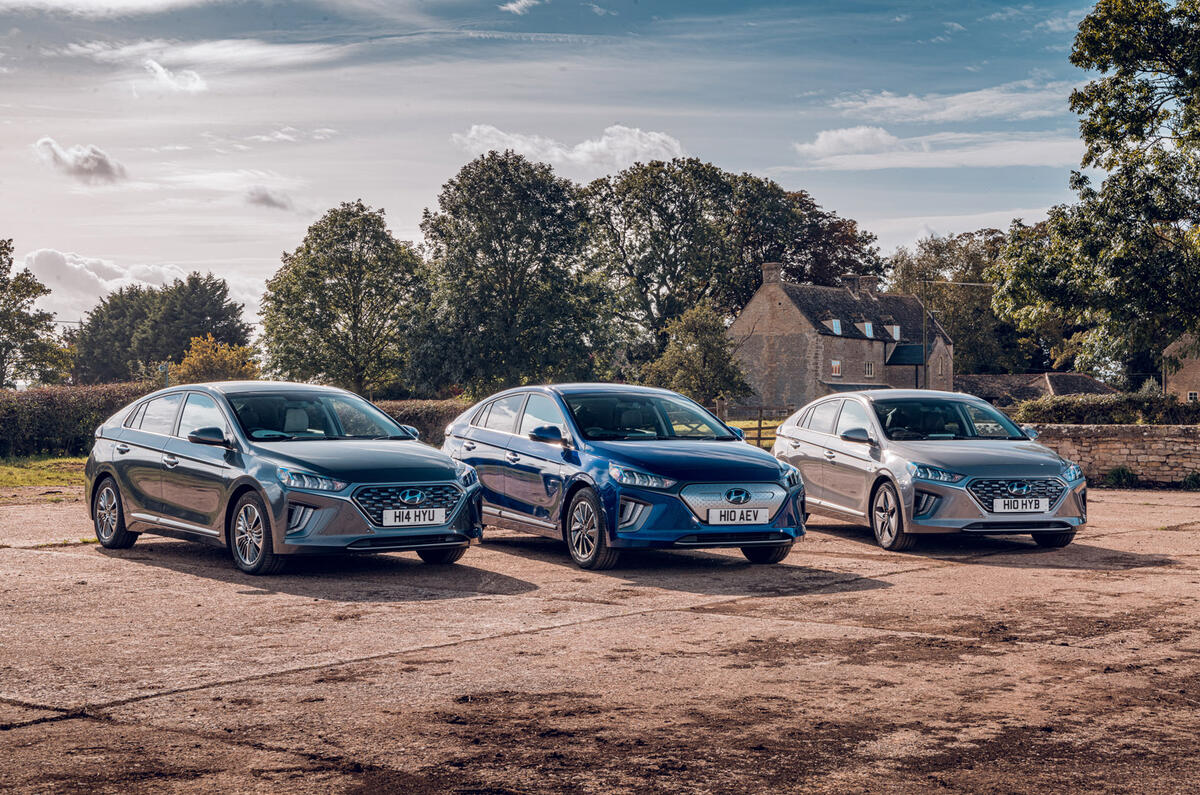Pressure is mounting on the UK government to define what will constitute a hybrid car from 2030-2035, which it has set as the period when engines will be phased out of new car sales forever.
Legislators have kept the description deliberately oblique, undertaking a period of consultation that is rumoured to be getting rather more intense than anticipated. It was expected that arguments would centre only on defining the electric-only range needed to be achieved by a plug-in hybrid. Now it’s not so clear.




Join the debate
Add your comment
If I had my way plug in hybrids would be banned from public and commercial charging points to help charger availability for BEVs. I'd make it mandatory that the buyer has a house charger, and that 50% of the miles would be on electric, or you'd get a large tax bill.
Anyone know where the independent studies are on emissions benefits of mild hybrids? Seem like the emporer's new clothes to me, and the extra weight outweighs the improved fuel consumption. Real world mog is not better than an efficient petrol engine.
PHEVs have their place if used on pure electric often enough, but just looking around the ones that are in the city's you can normally hear/see that they're running ICEs. Hope the previous tax dodge has been removed on these things.
Anyone plugging a PHEV into a public charger is insane anyway, the cost per kW and therefore per mile from these is more expensive than just running on petrol!
When legislating, you have to assume that a large chunk of the population is wantonly stupid.
I think we need some measure of efficiency to define a hybrid. It seems to me that the Toyota approach (with a combination of electric power, Atkinson cycle engine and e-CVT transmission) works well. As does the current Honda set up which has a series hybrid arrangement with Atkinson cycle engine and single gear lockable transmission. And I think the BMW i3 range extender has merit with a small fuel tank incentivising owners to plug in frequently.
Otherwise mild hybrids have only minimal benefit in real world use.